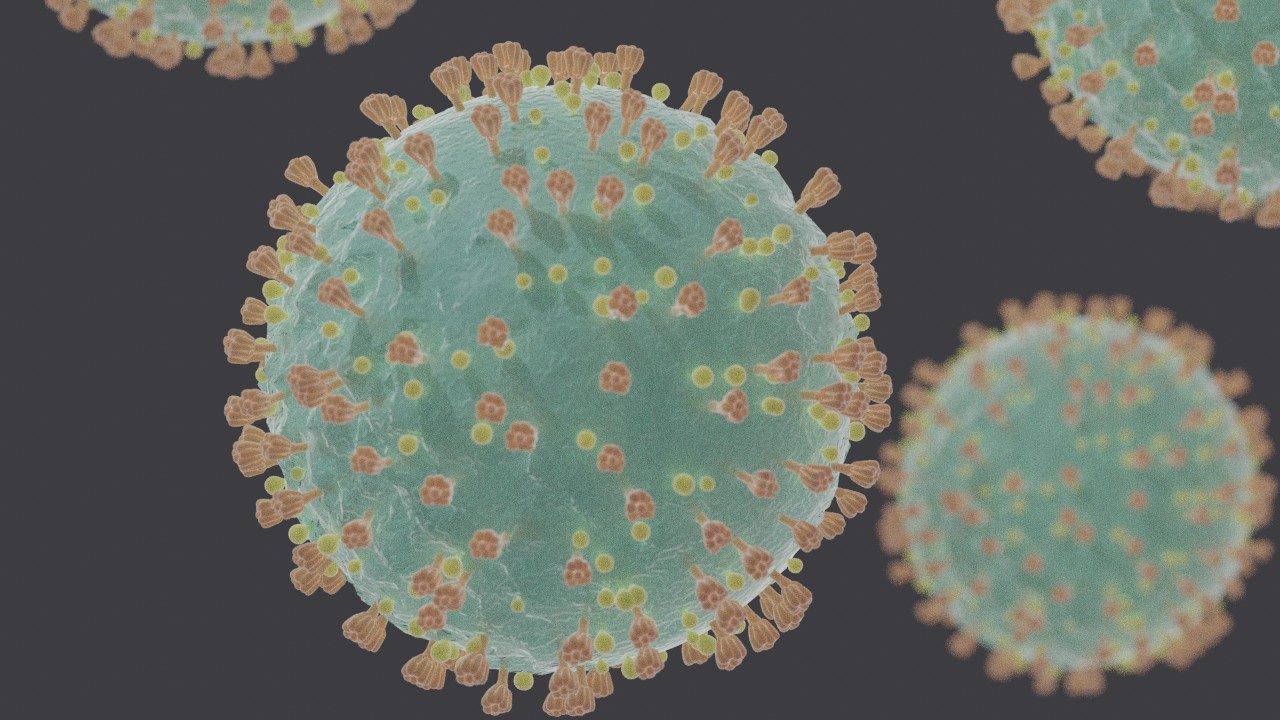Although the first case of COVID-19 in the U.S. was confirmed on Jan. 21, 2020, it wasn’t until March when the novel coronavirus upended life for most Americans. Throughout the year, states issued stay-at-home orders, closed schools, restricted travel, issued mask mandates, and changed election dates.
Here are the policy changes that happened Sept. 7-11, 2020. To read more of our past coverage of the coronavirus pandemic, click here.
Monday, Sept. 7, 2020
Eviction and foreclosure policies:
- Virginia’s statewide evictions moratorium expired. On the same day, the Virginia Supreme Court declined to grant Gov. Ralph Northam's (D) request to extend it.
Tuesday, Sept. 8, 2020
Stay-at-home orders and reopening plans:
- California Gov. Gavin Newsom (D) announced that conditions in Amador, Orange, Placer, Santa Clara, and Santa Cruz counties had improved enough to move them into Phase Two of the state’s four-phase reopening plan. Indoor dining at restaurants, in-person religious services, and operation of movie theaters resumed at 25% capacity.
Election changes:
- U.S. District Court for the Western District of Texas Judge Orlando Garcia ordered Texas Secretary of State Ruth Ruggero Hughs to advise all local election officials that it was unconstitutional to reject an absentee ballot due to a perceived signature mismatch unless the voter is given pre-rejection notice of this finding and a "meaningful opportunity to cure his or her ballot's rejection."
- New York Governor Andrew Cuomo (D) announced he would sign an executive order providing for the installation of absentee ballot return drop boxes at more than 300 locations statewide.
School closures and reopenings:
- Several of Connecticut's largest school districts reopened to in-person instruction for the 2020-2021 school year. Schools were allowed to reopen beginning Aug. 31, but many districts delayed their start until after Labor Day.
Wednesday, Sept. 9, 2020
Stay-at-home orders and reopening plans:
- Michigan Gov. Gretchen Whitmer (D) issued an order allowing gyms, bowling alleys, swimming pools, and other similar businesses to reopen at 25% capacity.
Election changes:
- U.S. District Court for the Middle District of Tennessee Judge Eli Richardson temporarily suspended a Tennessee law requiring first-time voters to vote in person.
Federal government responses:
- The U.S. Agency for International Development ended its coronavirus pandemic task force. An official for the agency, which had helped distribute aid to other countries, including ventilators, said other bureaus and divisions would assume the task force's responsibilities.
Thursday, Sept. 10, 2020
Stay-at-home orders and reopening plans:
- Virginia Gov. Ralph Northam issued an executive order moving the Hampton Roads area of Virginia back to Phase Three of reopening. Northam reimposed restrictions on Hampton Roads on July 28 following a spike in coronavirus cases.
Election changes:
- U.S. District Court for the District of Arizona Judge Douglas Rayes ordered Arizona election officials to give voters until 5:00 p.m. on the fifth business day after an election to sign their vote-by-mail ballot envelopes if they failed to sign at the time they submitted the ballots.
Federal government responses:
- Sept. 10 was the deadline for states to apply for additional unemployment insurance funds through the Federal Emergency Management Agency’s (FEMA) Lost Wages Assistance program. President Donald Trump (R) authorized FEMA to use disaster relief funds to supplement state unemployment insurance programs.
School closures and reopenings:
- The Wisconsin Supreme Court, in a 4-3 decision, temporarily blocked restrictions on in-person learning at public and private schools in Dane County. The court agreed to hear legal challenges raised by several private schools. Because of the injunction, all schools in Dane County could reopen to in-person instruction.
Friday, Sept. 11, 2020
Stay-at-home orders and reopening plans:
- Louisiana Gov. John Bel Edwards (D) moved the state into Phase Three of reopening. In Phase Three, bars were allowed to reopen at 25% capacity with a maximum of 50 people if their parish’s COVID-19 positivity rate remained at or below 5% for 14 days. Restaurants, churches, salons, spas, and gyms were also allowed to expand capacity to 75%.
Election changes:
- Rhode Island Secretary of State Nellie Gorbea (D) announced her office would send absentee/mail-in ballot applications to all active registered voters in the Nov. 3 general election.
- Ohio's Franklin County Court of Common Pleas Judge Stephen L. McIntosh enjoined Secretary of State Frank LaRose (R) from rejecting absentee ballot applications submitted via fax or email.
For the most recent coronavirus news, including the latest on vaccines and mask mandates, subscribe to our daily newsletter, Documenting America’s Path to Recovery.



